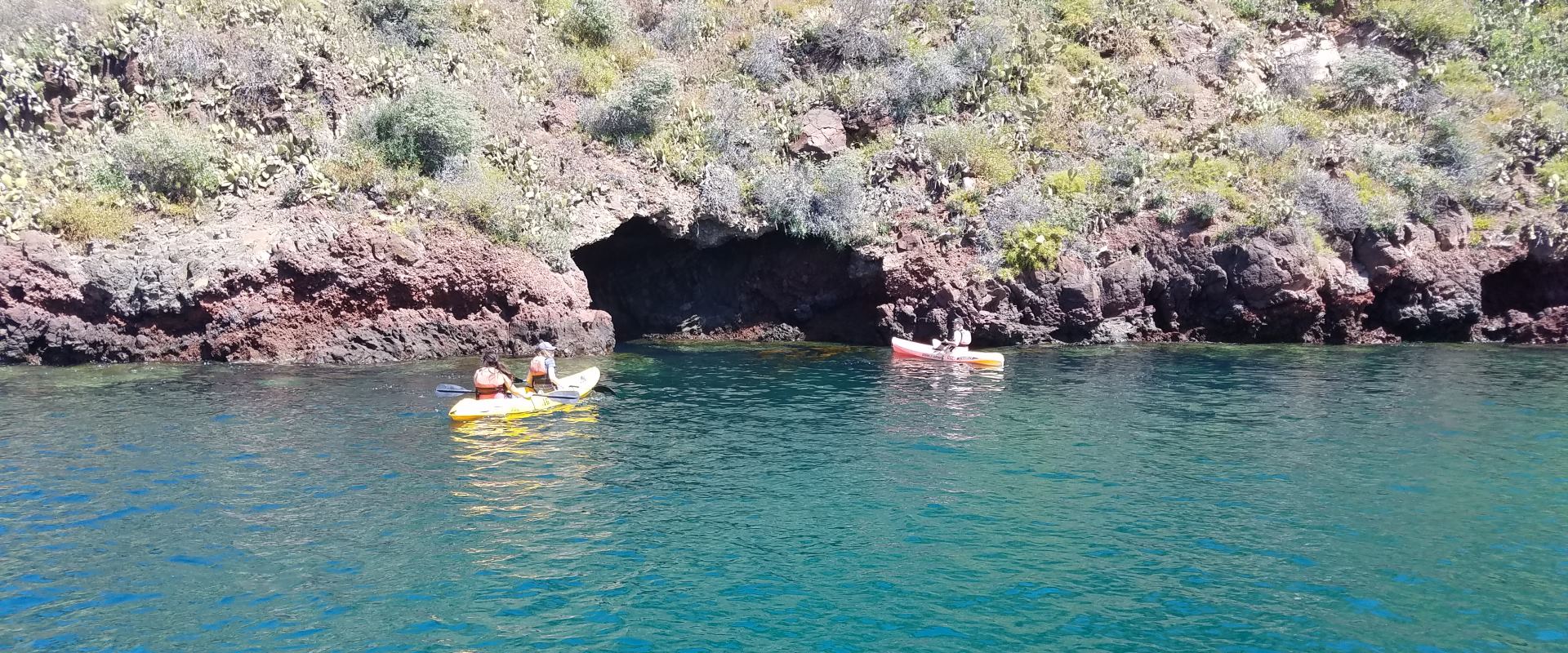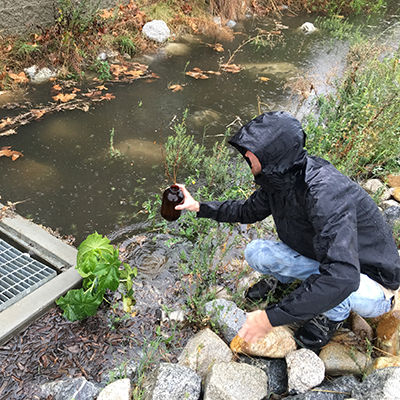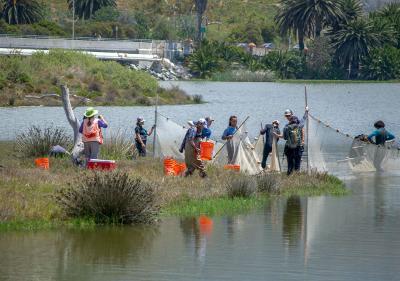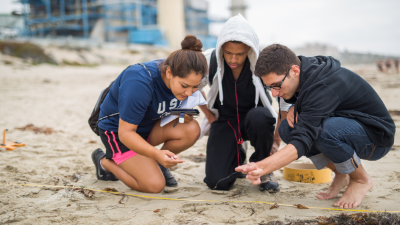
Environmental Science
Environmental Science majors use their technical background in basic sciences (biology, chemistry, and physics) to learn about, examine, and research complex environmental problems, as well as find potential solutions. In this interdisciplinary field, Environmental science majors study how the natural world works and the impacts of humans on the environment using quantitative methods.
Research in Environmental Science often involves sample collection via outdoor fieldwork, laboratory studies, statistical analyses or modeling. Environmental Science might be the right major for you if:
- You enjoy doing hands-on science with important environmental applications
- You want to learn more about the science behind important issues such as climate change, air and water pollution, ecology, biodiversity, and sustainability
- You are interested in a career studying, managing, or preserving Earth's resources as a scientist or in environmental policy, planning or law
Note that LMU also offers a major in Environmental Studies. A comparison of the two majors can be found here.

Courses
Our curriculum allows graduates to pursue graduate studies or enter the field of Environmental Science where many jobs are available with various private businesses, government agencies, and environmental advocacy groups.

Faculty
Our faculty are mentors who care about the whole-person education of our students. In addition to full-time academic professors, our faculty includes researchers who frequently publish and are actively practicing in the field.

Research
Research in the Environmental Science program ranges from water quality to restoration ecology. Our goal is to actively engage undergraduates in research, by connecting students with faculty to discuss potential projects.

Student Resources
Hands-on field experience is vital in the study of Environmental Science. Through these research centers, students have ample opportunity to pursue a variety of internships, including those affiliated with LMU.
Start Your Journey
Apply Today
We are here for you every step of the way through your application to graduation. Still have questions? Try one of these helpful links:
Why LMU?
Loyola Marymount University’s Frank R. Seaver College of Science and Engineering is committed to strong values with an emphasis on diversity and inclusion. We take pride in admitting students who go on to make a big impact in not just the sciences and engineering but the world at large.
Founded in 1911, the mission of LMU is the encouragement of learning, the education of the whole person, the service of faith and the promotion of justice both on campus and in the Los Angeles community.


